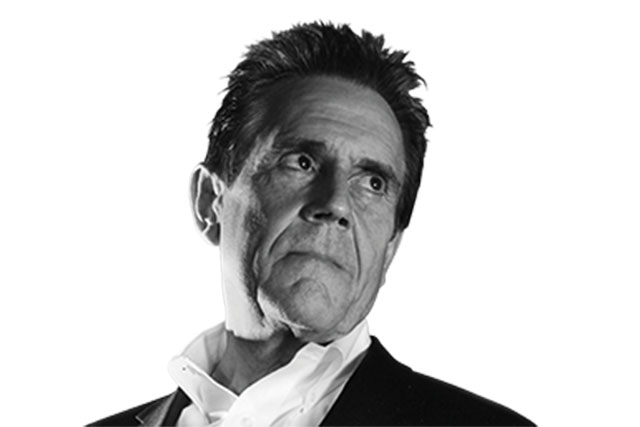Crisp was an outrageous and flamboyant homosexual for the first half of his life in London, when it was still illegal.
Then he moved to New York.
He’s still outrageous and flamboyant, so it’s a perfect city for him.
It’s interesting to hear him compare the two.
He says the difference is the same as the difference between manners and etiquette.
The Americans have manners, while the English have etiquette.
He’s referring mainly to the English middle class, of course, but it’s a good point.
He defines "manners" as a way of putting people at ease, of making everyone feel comfortable, of including people.
He defines "etiquette" as a way of identifying those who are part of a certain class, as a way of excluding people.
Manners are friendly, whereas etiquette is snobbish.
With manners, the onus is on the host to put people at their ease.
With etiquette, the onus is on the guest to show that they are entitled to be part of the group.
At a dinner party, for instance, manners would be making sure your guests felt relaxed and enjoyed the food.
Whereas etiquette would be seeing if they knew which knife and fork to use with which course and the correct way to use a soup spoon.
Manners is Bernbach’s "simple, timeless, human truths".
It doesn’t matter where you come from: what race, sex, religion, age, social class you are.
The object is to discover what we have in common, what all humans have in common, and to relate through that.
Whereas etiquette is the result of a strict learning process.
To be accepted, you must learn the customs of the group.
You must behave exactly the way the group dictates, otherwise you cannot be part of the group.
For me, "manners" is the way we should behave in advertising.
Unfortunately, "etiquette" is the way we actually behave in advertising.
We are less interested in discovering what motivates and excites ordinary people on a human level.
We are more interested in exchanging esoteric terminology that will signal our right to join the group and will separate us from ordinary people.
We learn to use jargon and buzzwords, in fact.
Complicated expressions designed to demonstrate our knowledge and prove our right to be accepted.
Rather than trying to relate on a level that touches ordinary people in a basic, human way.
Manners are an opportunity to become part of people’s lives, to get into the language, to genuinely go viral.
Etiquette is just displaying impressive terminology to prove we are up to date with the latest thinking.
We’ll impress other people in advertising, but we won’t impress anyone outside it.
Mind you, that doesn’t bother most people in advertising.
As Crisp said about the English: "The English aren’t happy. They don’t want to be happy: they want to be right."
Dave Trott’s new book, One Plus One Equals Three, is out now


